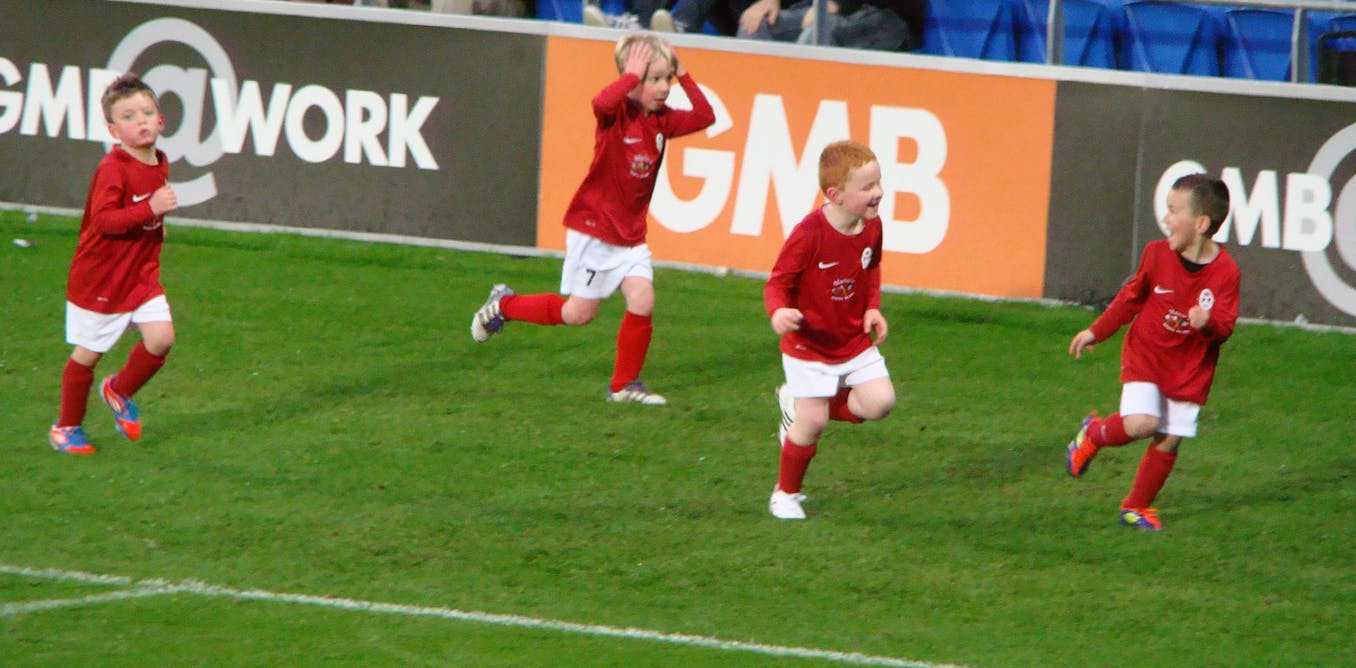
Manifesto check: plaid cymru’s sports policy – a good shot, but missed opportunity
- Select a language for the TTS:
- UK English Female
- UK English Male
- US English Female
- US English Male
- Australian Female
- Australian Male
- Language selected: (auto detect) - EN
Play all audios:

First and foremost, it’s worth noting that sport and recreation are devolved to Wales, which means that the policies in Plaid Cymru’s manifesto will be chiefly relevant to Welsh voters at
next year’s National Assembly elections. At the heart of Plaid Cymru’s approach to sport is the aspiration to improve health and well-being, address social inequalities and promote
elite-level sport. But overall, the opportunity to grasp the broader contribution that sport can bring to Welsh life has been missed. The manifesto is launched on the back of a series of
sporting successes for Wales. In the 2014 Commonwealth Games, Wales came 13th on the medal table, with a record number of medals. The nation also attained third place in the 2015 Six Nations
rugby tournament. And Sportwales, the national agency for sport, has recorded rising participation rates in both walking and exercise, which increased between 2008 and 2012 from 33.8% to
41.7%, and 16.9% to 21.6%, respectively. The manifesto prioritises the participation of teenage girls’ in fitness programmes. This reflects policy directions in other parts of UK, like Sport
England’s “This Girl Can” campaign. It is clear from the Active Adults survey, women in Wales participate in sport less than men. This finding is supported by the Active People Survey for
England, and the government’s Taking Part Survey. Yet Plaid Cymru misses crucial opportunities to grasp the bigger picture, and is short on specific pledges and evidence. For instance, the
manifesto makes little mention of jobs in sport or the sporting economy, aside from the short-term boosterism of bidding to host major sporting events like the Tour de France. The manifesto
also commits to promoting sports in schools, but omits to mention the link between physical activity and educational attainment . And nowhere does the manifesto mention tackling two of most
prominent sources of inequality in participation; namely class and geography. Without tackling these two issues, there is a real risk of masking the growing polarisation in the consumption
of sport between the classes. Plaid commits to developing the Inspire Wales programme, which is focused upon increasing participation in Wales. This is an impressive project, which has
reviewed some of the international evidence and is trying to grasp what would work for Wales. It looks to Nordic and Celtic models of success, and is moving Wales in the correct direction in
terms of improved sports participation rates. That being said, sport has a proven role both in post-conflict situations, and as a targeted programme of intervention that contributes to
social cohesion. If you add to this the role of sport in crime reduction, then one could conclude that – despite Plaid’s acknowledgement of the link between sport and the reduction of child
poverty – the significant role of sport in helping to secure social cohesion, and consequently preventative spending capacity, has not been fully grasped. _The Conversation’s Manifesto Check
deploys academic expertise to scrutinise the parties’ plans._
